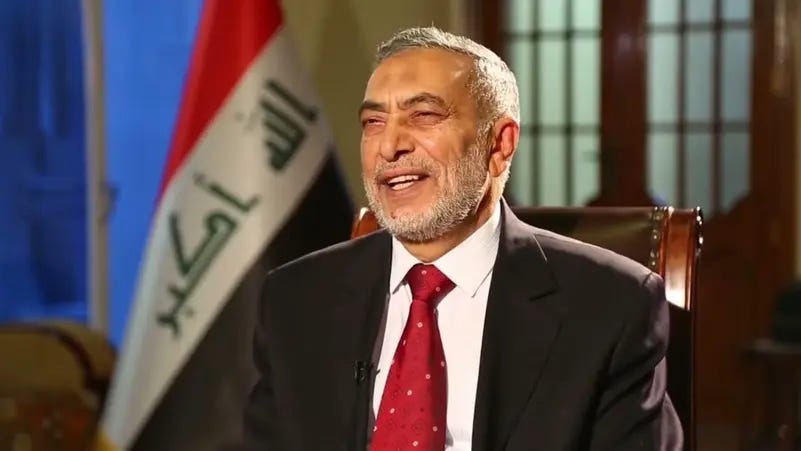What to expect from Parliament under Mashhadani
The election of Mahmoud Al-Mashhadani as the new Speaker of Parliament represents a significant shift within the Iraqi legislature. This appointment reflects the ascendancy of political factions that propelled him to power and signals a likely increase in parliamentary assertiveness toward the Sudani government. Here’s what to anticipate in the months ahead as Mashhadani’s leadership unfolds.
1. A Strengthened Oversight Role
Mashhadani’s election was primarily secured by Nouri Al-Maliki and Mohammed Al-Halbusi, both staunch adversaries of Sudani. Their support suggests that parliament will take a more active role in holding government ministers accountable. In his first address to parliament on Saturday night, Mashhadani committed to working with all political factions to reassert parliament’s oversight authority, a notable shift from previous leadership, which did not question a single minister (istijwab) since Sudani’s government assumed office.
As a compromise candidate, Mashhadani is expected to adopt a more collaborative approach, responding to the interests of both Sunni and Shia factions. In his address, he used the term “presidency council” (hay’at al-riaasa) to describe parliament’s leadership—a term that implies a diffusion of authority and which Halbusi, as the former speaker, had firmly rejected under his leaderhip in favor of recognizing only a speaker and two deputies.
2. Potential Extension of the Legislative Session
As part of the shift in parliamentary dynamics, the Coordination Framework held a meeting on Monday to discuss extending the current legislative session by a month. Initially set to recess on November 9, various factions now seek additional time to advance key legislative initiatives, including two significant items:
- Personal Status Law: Both Mashhadani and Halbusi have expressed their support for this proposed law that would grant Iraq’s Shia community the ability to address marital matters according to their religious beliefs. While Sunni leaders are content with the existing law, they acknowledge the Shia majority’s right to amend it in accordance with the freedom of religious practice.


